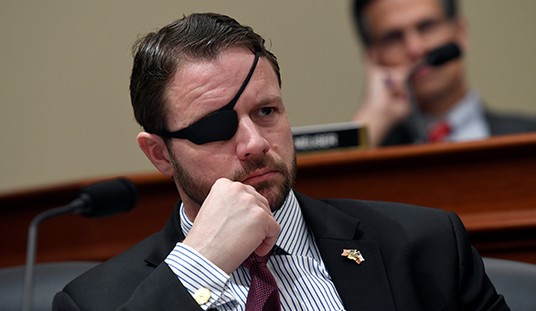Every four years it’s the same thing: dump the Electoral College and give the presidency to the candidate who wins the most votes. This may be especially relevant since Mitt Romney holds a slight lead in the popular vote but would lose to Barack Obama in the Electoral College if the election were held today
Hans Von Spakovsky, a senior legal fellow at the Heritage Foundaton, sees it differently. He writes on the Heritage Foundation website that the National Popular Vote effort would lead to a further marginalizing of smaller states. Campaigns would instead focus all of their attention on major media markets where the most voters could be reached for the least cost.
Relying on a popular vote instead of a state-based system, he argues, would trade swing states for a focus on large urban areas, where advertising dollars can reach more people.
The Electoral College “embodies the balance [the Founders] aimed to achieve through deference to states with smaller populations and by ensuring that the interests of these states be reflected in national decision-making,” he writes. Not to mention that in 2000, the recount in Florida caused a collective rise in the national blood pressure. Imagine a national recount.
But supporters of a popular vote system say it is more important to achieve a more democratic ideal than one in which swing states are so key.
“This problem would disappear if we had a truly national election with one electorate and votes counting the same wherever they were cast,” said Jack Rakove,” a Pulitzer Prize winning Stanford political scientist. “Then the candidates would have to think more creatively about how to mobilize a national electorate, rather than pouring money into the televised advertisements that must drive voters in the battleground states completely bonkers. The parties would have the incentive to attract voters throughout the country, which is now a matter of complete indifference to them.”
Variously referred to as “anachronistic” and even “anti-democratic,” the Electoral College was originally made a part of the Constitution because the Founders really didn’t trust ordinary people to choose a president wisely. Eventually, the college was reformed so that rather than electing “electors,” citizens vote for president in the various states with a winner-take-all award system given to the victor (except for Maine and Nebraska).
But it is what the Electoral College has become that makes it vital to the democratic process.
We are a continent-sized country made up of 50 sovereign states with an urban-rural split of about 75-25. The most common complaint against the EC is that only about a dozen states matter in the final tally while the rest of the country is largely ignored.
This is true — today. But what about tomorrow? The reason candidates only play in swing states is because of the polarization of our politics. Will California always be blue? Will Texas always be red? Over the last 224 years, states have shifted back and forth based on a variety of factors, not limited to changing demographics, changing political party philosophy, even the leadership of one or two charismatic individuals.
George Will points out that the EC gives us a stability that might disappear if we went to a direct popular vote system:
The electoral vote system shapes the character of winning majorities,” said Will. “By avoiding proportional allocation of electoral votes, America’s system — under which Ross Perot in 1992 got 19 percent of the popular votes and zero electoral votes — buttresses the dominance of two parties, and pulls them to the center, producing a temperate politics of coalitions rather than a proliferation of ideological factions with charismatic leaders.
This has been true in the past and while the last decade has seen a fracturing of the political polity, there is no reason to believe that this is a permanent alteration in the political landscape.
From a personal standpoint, watching candidates standing on a tractor in Kansas addressing farmers, or visiting a small town in West Virginia is real Americana and would almost certainly become extinct if a direct popular vote system was installed. Candidates would take up residence in the cities and suburbs of the 10 largest cities and vie for the voters’ affections. It’s basically the same argument to be made against a national primary. Watching how candidates interact with Americans of every background is important for assessing their worthiness for office.
The EC also requires a candidate to win a truly national race. He must appeal to more than coastal elites and urban snobs. Do we really want every presidential race decided by California, New York, and Texas?
Some of the arguments for doing away with the EC are compelling and shouldn’t be dismissed outright. But surely there is room in the modern world for an “anachronistic” holdover from our founding that is still relevant today.









Join the conversation as a VIP Member